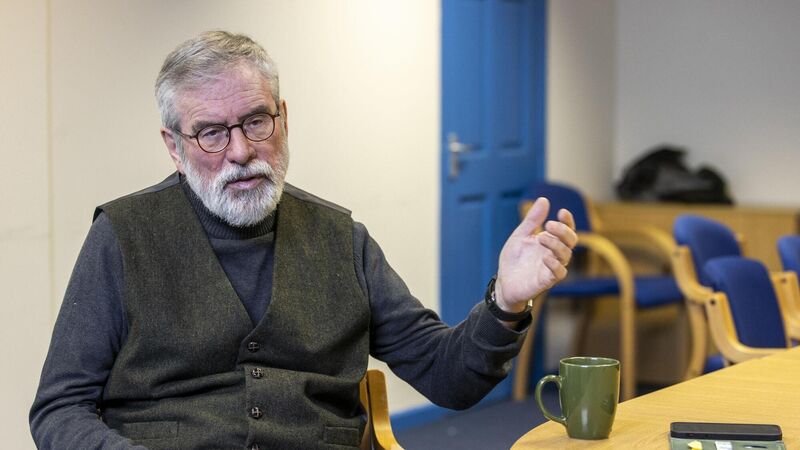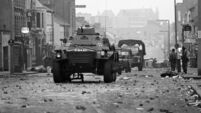Mick Clifford: Rewriting history is an insult to the dead

Thousands of people are alive today because of the peace brought about by the Good Friday Agreement, former Sinn Féin president Gerry Adams has said.
WHAT was it all about? This week Gerry Adams reflected on the many benefits of the Good Friday Agreement (GFA). Mr Adams has been doing the rounds for the last week or so, both here and in the USA, as part of the celebrations of the 25th anniversary of the agreement. He correctly receives credit for moving the Republican movement away from violence to the point where Sinn Féin were integral to the signing of the agreement. But what exactly was the previous 30 years of killing and dying about? Surely at this time when there is cause for celebration at two and a half decades of peace, there should be some acknowledgment of the reasons why nearly 3,700 people had to die before the agreement was arrived at.















